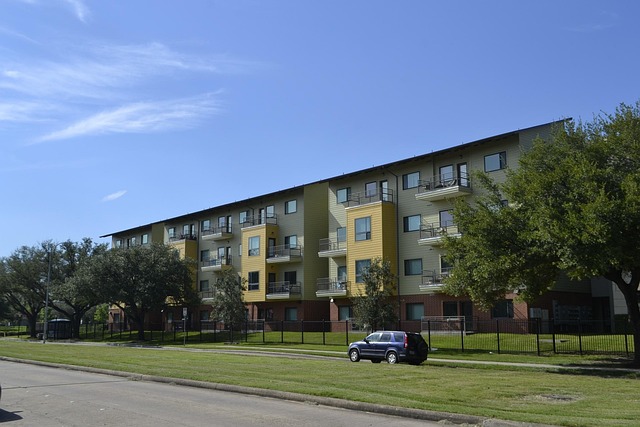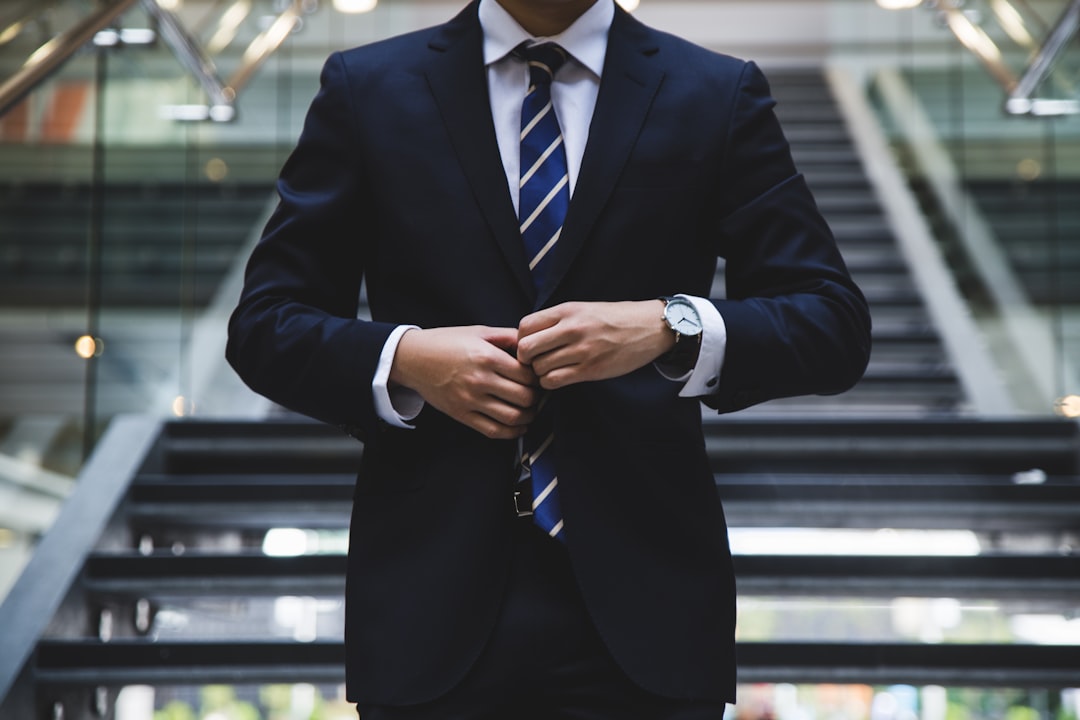Social media can be both a safe space and a risk for sexual abuse survivors, offering peer support but also potential triggers or dangers like abuser tracking. Houston, TX's specialized sexual abuse law firms provide crucial resources, including free consultations, contingency-based legal aid, hotlines, support groups, and protective orders, empowering victims to seek healing and justice while navigating the complexities of social media interactions.
Social media, while offering connection and support, presents unique challenges for sexual abuse survivors in Houston. This article explores how online harassment impacts their healing journey, delves into the dual nature of social media as both a resource and trigger, and examines legal protections available through sexual abuse law firms in Houston, TX. By understanding these dynamics, we aim to empower survivors and foster a safer digital environment.
The Prevalence of Online Harassment and its Impact on Survivors

In the digital age, survivors of sexual abuse in Houston often face a new battleground—the online realm. The anonymity and reach of social media platforms have unfortunately given rise to an alarming trend of cyberbullying and harassment aimed at victims. This form of modern-day intimidation can be particularly damaging as it allows perpetrators to target their victims repeatedly, even years after the initial abuse. Many survivors struggle with post-traumatic stress disorder (PTSD) and anxiety, making online harassment a profound trigger that exacerbates their mental health issues.
Houston’s sexual abuse law firms have noted an increase in cases involving victims who have been pursued, shamed, or even threatened through social media channels. The impact on survivors is profound; it can deter them from seeking help or sharing their stories, creating a culture of silence around an already sensitive issue. Moreover, the persistent nature of online harassment can make survivors feel trapped and helpless, especially when they are constantly monitored and judged by anonymous accounts.
Social Media as a Platform for Support vs. Re-traumatization

Social media, while often used as a tool for support and community building, can also pose unique challenges for sexual abuse survivors. Platforms like Twitter, Facebook, and Instagram facilitate connections with peers who share similar experiences, providing a sense of belonging and understanding. Support groups online allow survivors to express themselves in safe spaces, offering validation and encouragement from individuals who have faced comparable struggles. These digital communities can empower survivors by normalizing their stories and helping them feel less isolated.
However, the same features that make social media supportive can also inadvertently lead to re-traumatization. Survivors may encounter triggers through shared content or interactions with strangers who exploit their vulnerability. Some abusers use social media to track down victims or spread malicious rumors, further endangering survivors and complicating their healing process. Therefore, while social media offers opportunities for connection and support, it also demands careful navigation, especially when navigating sensitive legal matters like those handled by sexual abuse law firms in Houston, TX.
Legal Protections and Resources for Survivors in Houston

In Houston, Texas, survivors of sexual abuse have access to legal protections and resources specifically designed to support their recovery. Many sexual abuse law firms in Houston TX specialize in handling sensitive cases, providing crucial assistance for victims who may feel vulnerable or unsure about seeking help. These firms offer free consultations and work on a contingency basis, ensuring that survivors can access justice without upfront costs.
The local legal community has also established hotlines and support groups tailored to sexual abuse survivors, offering immediate emotional support and guidance. Additionally, Houston’s legal system offers protective orders to prevent further abuse and ensure the safety of victims. These measures are in place to empower survivors, helping them navigate their journey towards healing and justice.





